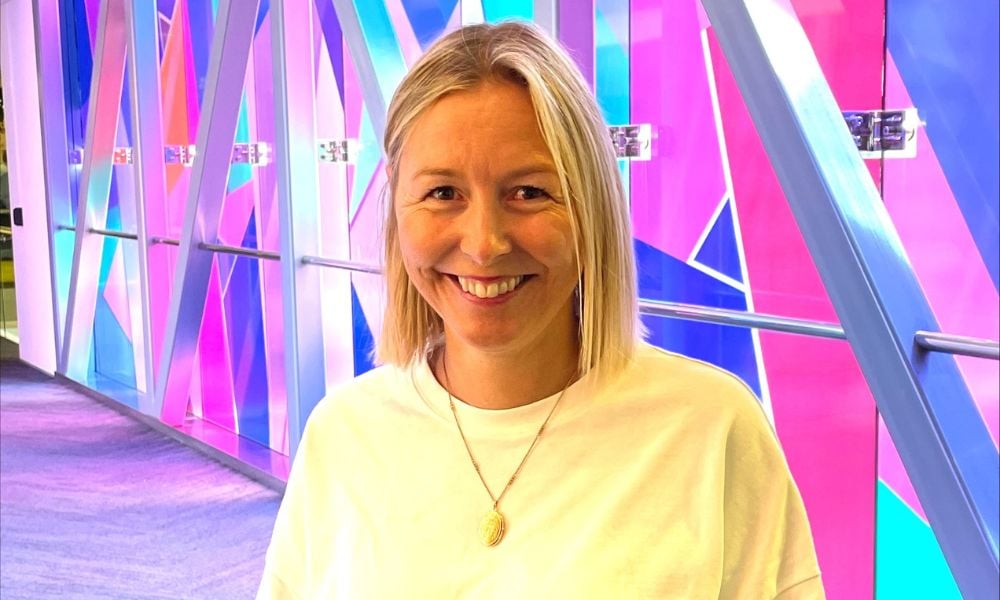
'We want people to think of us as a place where there’s a lot of opportunity,' says head of EX at Westpac NZ

In an era where attracting and retaining top talent poses unprecedented challenges, the employee value proposition (EVP) stands out as a prime example of how strategic cultural transformation can redefine an organisation’s appeal.
However, even the most well-crafted EVP will have minimal impact if it remains unknown to employees and prospective hires.
Melanie Ilich, Head of Employee Experience at Westpac, candidly shared her challenges when contemplating a position at the major Kiwi bank three years ago.
“It was really hard to get a sense of what it’s like to work there. What are the people like, what’s the culture like?” she told HRD.
Taking on the role, Ilich moved quickly to identify and address the gaps.
“Before we kicked off this piece of work, we knew we had a lot of great benefits and Westpac was a really good place to work. But to be honest, we made it really hard for our people to find those benefits,” she said, highlighting specific offerings, such as a childcare holiday subsidy, which some employees were unaware of, and the overall challenge of articulating what it meant to work for Westpac.
Ilich’s mission was clear. She set about creating a transformative EVP that would showcase Westpac as more than a traditional bank, enhance employee experience, and reshape the organisation’s culture.
The work culminated in a comprehensive and highly visible EVP, playing on the organisation’s ‘W’ branding, and was aptly named “Double You.”
“We want people to think of us as a place where there’s a lot of opportunity, and we wanted to change the perception that some people may have around coming to work for a bank,” said Ilich.
Grounded in a design thinking approach, incorporating employee interviews – “The more you can get your people involved, the better,” said Ilich – along with external research companies, the research identified two major themes: freedom and fairness.
“Freedom was broader than your traditional thinking of ‘work from home’ freedom, it was ‘I want the freedom to support my family and I want the freedom to improve my lifestyle,’” she said.
“The second concept of fairness was around ensuring there’s equity in what we do in recruitment and selection processes. So, we used those two concepts as a basis to develop our EVP.”
To launch the initiative, Westpac “Doubled Down” on the concept of “Double You” – “We ‘doubled’ the Volunteer Days and we ‘doubled down’ on development; we introduced a month dedicated to personal development,” she said.
Alongside the additional benefits, Westpac engaged employees to be involved in a social media campaign. Staff were encouraged to share their volunteer and development experiences on platforms like LinkedIn – and the campaign reached over 500,000 people.
The implementation phase highlighted the need for collaboration across departments, Illich said.
“It’s not something that HR can just do in a silo on its own. We learned pretty quickly that we needed to partner with other teams across our business.”
The collaborative effort with marketing and customer experience teams played a crucial role in ensuring the EVP aligned with Westpac’s overall brand, both internally and externally, while the measurable impacts on attrition rates, engagement scores, and social media visibility validated the success of the Double You EVP.
“There’s a few metrics that have improved. We’ve seen our attrition reduce from high 14% to 8.9%, our engagement score for the question ‘Would you recommend Westpac as a great place to work?’ has increased over time, and then just more visibility on social media as well,” she said.
“Now that we’ve got content out, people can get an idea of who we are and what we’re like to work for, and what our people are like; it’s kind of like more of a self-selection process. People can decide whether their values align with ours or not. Before we were silent on it, so it was really hard for people to know if it was a place that they wanted to come work.”